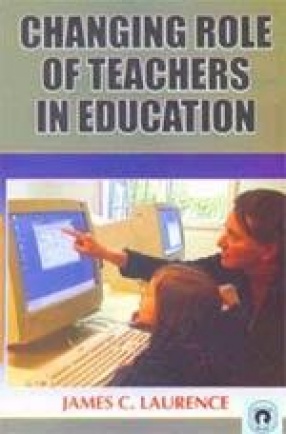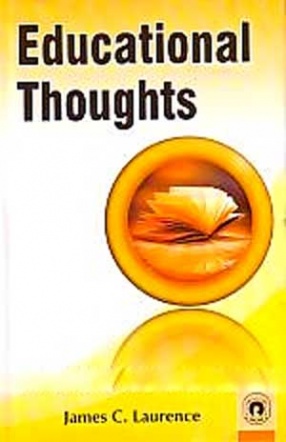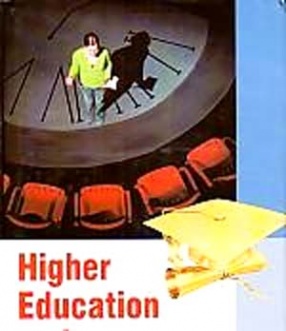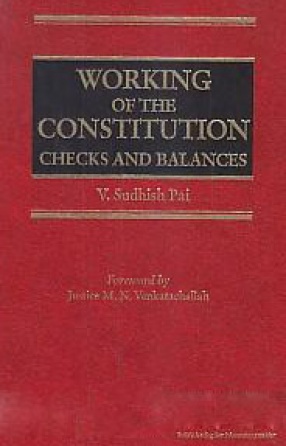New information and communications technologies (ICT) are changing the world we live in, and the way we learn to live. ICT changes teaching and learning through its potential as a source of knowledge, a medium to transmit content, a means of interaction and dialogue. For teachers, ICT provides a different challenge, that of becoming facilitators of learning -organising teamwork, enduring inclusion, managing classroom activity. In the connected classroom the teacher no longer controls what happens, and loses the monopoly of authority. The teacher becomes leader, helper, partner and evaluator, combining the traditional role, of subject expert with that of a management. Effective use of ICT cannot be separated from attitudes and approaches to teaching and learning. So teachers of the digital age need to take an approach that is relatively open, to seek to inspire, support and facilitate learning, to create an environment conductive to learning. There need to be a balance between using technology and traditional methods of teaching and learning. This book discusses the changing role of teacher in the digital age. It highlight various issues and challenges faced by teachers and suggest suitable strategies to meet them. Pre- and in-service teachers, teacher educators, policy makers and researchers in the field of teacher education will find this work of utmost use.
Educational Philosophy
$52.20
$58.00








There are no reviews yet.